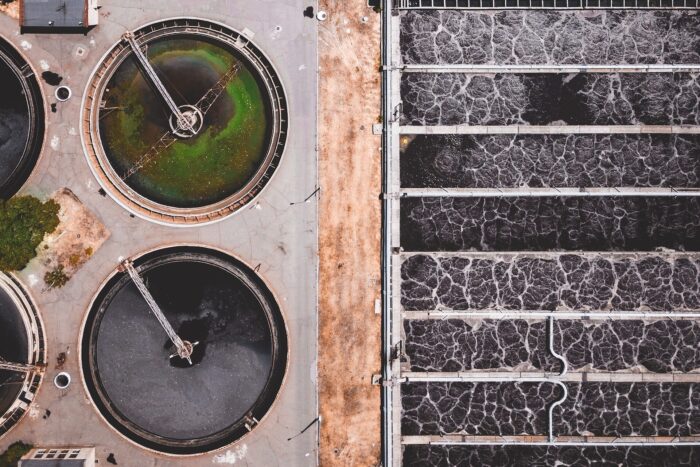What are the current barriers for circular and sustainable use of micro- and macronutrients in biobased value chains?

The increasing demand for sustainably produced biomass for various products places high demands on the circular use of both micro- and macronutrients. When biomass grows in forests, on fields, or in water, these elements are bound in products, residual streams or side streams in a value chain.
There are various barriers for circularity of these elements. Nitrogen can be captured from waste water, but capture from gas is unusual today. Other elements, such as phosphorus and many micronutrients, are often present in solid materials. Different strategies are therefore required to simplify their circular use in the right chemical form.
In this project, we identify various barriers to circular use with a focus on material properties such as leachability, process-dependent properties such as fractionation of elements, but also goal conflicts in current or upcoming legislation that affect how micro- and macronutrients can be returned within sustainable, bio-based value chains.

Nils Skoglund
Umeå University

nils.skoglund@umu.se
Project information
Participants
Umeå University
Time schedule
October 2023 - September 2025
Total cost of project
1 493 758 SEK
Swedish Energy Agency project number
P2023-00845
More projects

Bioflex – biobased energy carriers and their contribution to a flexible energy system
Bioflex aims at increasing the flexibility, redundancy, and robustness of the energy system by integrating biobased energy carriers (biohydrogen/biogas) with electrolytic hydrogen….
Manager: Erika Lönntoft
Ongoing

Efficient biofuel production and logistics at terminals and industry
The project’s overall objective is to produce quality-assured knowledge that can be applied directly in practice and enables increased efficiency in the…
Manager: Dan Bergström
Ongoing

Efficient syngas fermentation of gasified woody biomass
The project contributes to the development of efficient biological methanation of gasified woody biomass in a unique “solid state” reactor, developed and…
Manager: Jörgen Held
Ongoing


